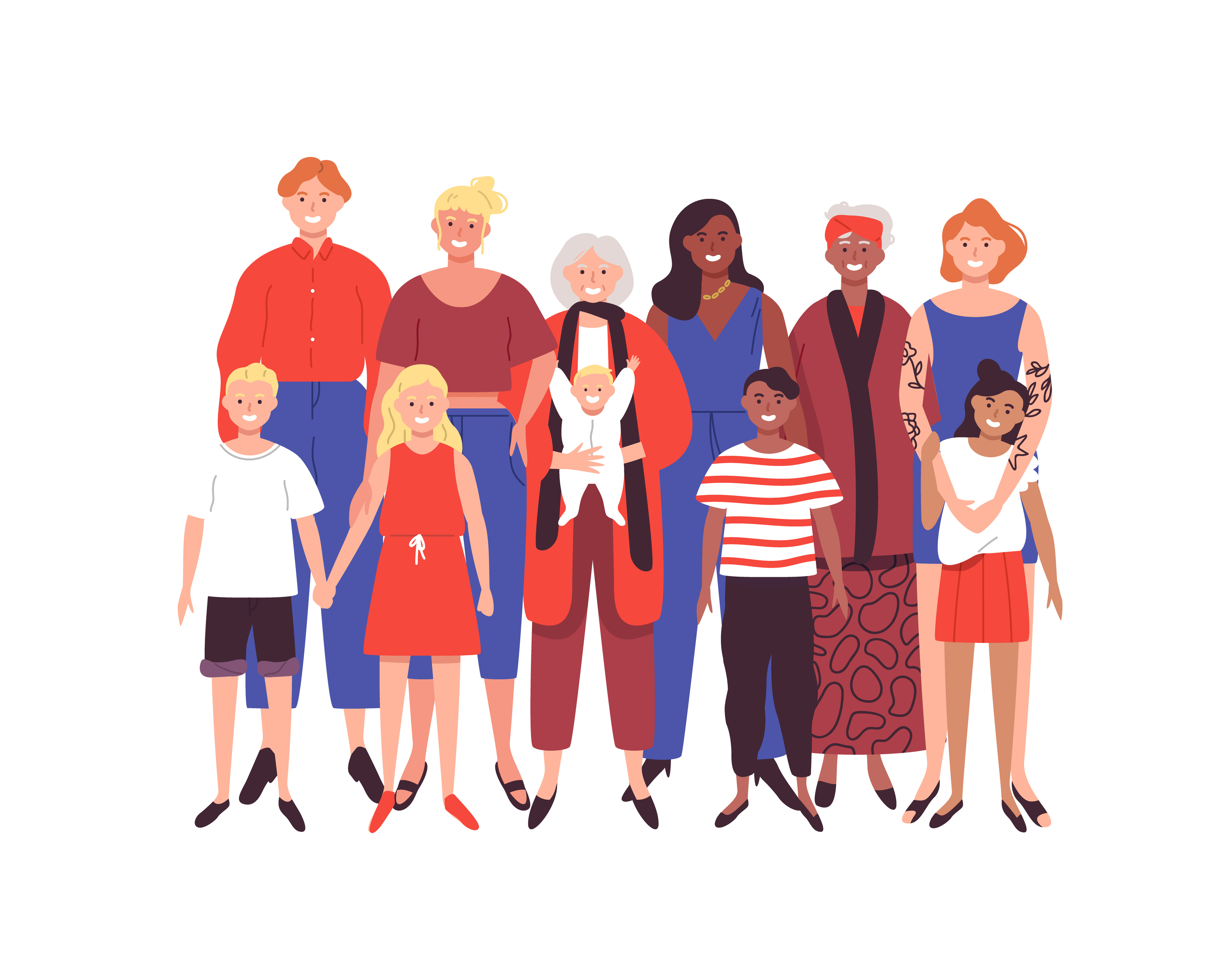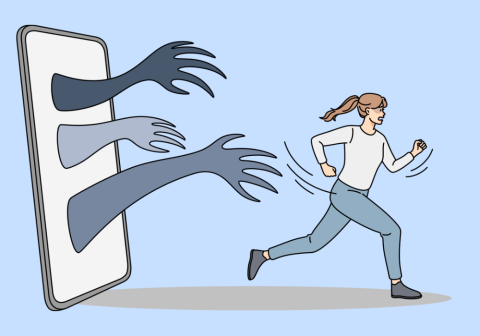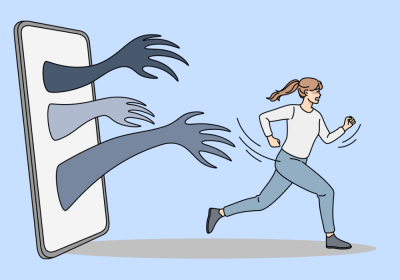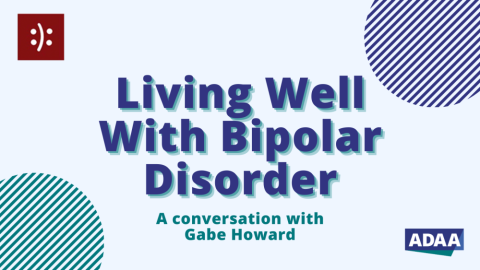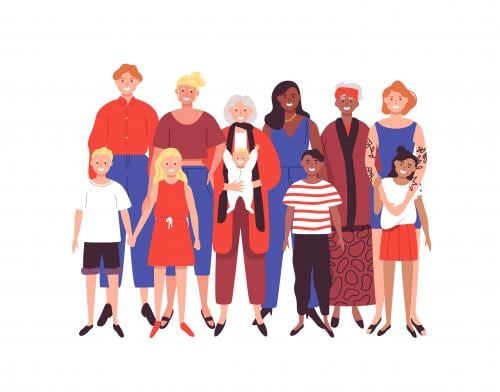
Understanding Multiracial Communities
The multiracial population is one of the fastest-growing communities of color in the United States, but it also faces significant mental health challenges, including anxiety, depression, substance use disorders and psychosis. While not a mental health diagnosis, many people of multiracial heritage also experience “imposter syndrome,” or feelings of self-doubt and personal crises in relation to how they identify themselves. These feelings may come from internal reflection, but they are often perpetuated by the negative reactions, attitudes, and perceptions of them by others. Discrimination, prejudice, exclusion and microaggressions against multiracial populations, many of whom trace their heritage back to colonialism and slavery, have serious impacts on their mental health.
For many in multiracial communities, it can be difficult to find a balance between the identities and cultures they embrace while aligning with a sense of who they are as individuals, sometimes resulting in feelings of displacement, inadequacy, and racial ambiguousness. It’s no wonder then that many in the community choose to identify as one race over the other or accept one race or culture more than the other. Given that it wasn’t until the turn of the century (in 2000) that the US Census began to allow people to report themselves as more than one race, it becomes clearer why people of multiracial heritage might select one identity over the other.
One idiosyncratic part of the multiracial experience is that individuals are sometimes asked, “What are you?” regarding their identity. At ADAA, we ask, “How are you?” Because focusing on the mental health of all multiracial communities and opening discussions on how the perception of their unique identity might affect their emotional or behavioral health is a crucial step in addressing the disparities in mental healthcare. ADAA remains committed to diversity and inclusion, and we encourage anyone who identifies as multiracial to share your story: Find out how to share your story with ADAA.
Multiracial Communities and Anxiety and Depression
The multiracial population is growing by leaps and bounds. In 2010, nine million people in the United States identified as two or more races. In 2020, it measured at 33.8 million, a 276% increase, according to the US Census. But what is also rising is the number of mental health conditions in multiracial communities. Two or more races are most likely to report a mental health illness in a given year, and the percentage of people with mental illness identifying as multiracial is 25%. Multiracial youth are particularly susceptible to symptoms of depression and anxiety as they navigate school, interact with peers, and begin to come to terms with their identity, puberty and future plans. One study showed that compared to white students, mixed race / ethnic students have significantly higher rates of poor mental health conditions and significantly fewer protective factors.

Finding the Right Mental Health Support
While the statistics are formidable, there are many positive factors in multiracial populations that can affect the mental health outcomes of this demographic. Having a culturally diverse identity helps with empathy, tolerance and appreciation of others. Because of the challenges people with multicultural backgrounds have faced, some studies suggest that they are more adaptable, creative and open-minded.
It is important to find appropriate mental health support and locate providers who understand the complex and unique experiences of people with multiracial identities. A therapist or clinician who demonstrates cultural competency, or at least humility, an openness to engage in discussions about racial and ethnic identity and considers the social and emotional impact of the patient’s identity will make a big difference in the quality of treatment.
When meeting with a mental health professional make sure to ask questions to get a sense of their level of cultural sensitivity. Ask if they have treated races that you identify with, whether they have relevant training and how they might take beliefs and practices into account when suggesting treatment. Learn more about finding the right therapist.
Resources
ADAA Infographic:
Mental health providers:
- American Association for Marriage and Family Therapy: Multiracial Families
- Inclusive Therapist- Biracial/Multiracial
- Online Group Therapy- Mixed Race
- BIPOC therapists
Other supportive mental health resources:
- APA Bill or Rights for People of Mixed Heritage
- Embrace Race- Resources for Multiracial Children
- For Multiracial People Toolkit
- Mandala Center for Change: Multi-Heritage and Mixed-Race Resources
- Mixed in America
